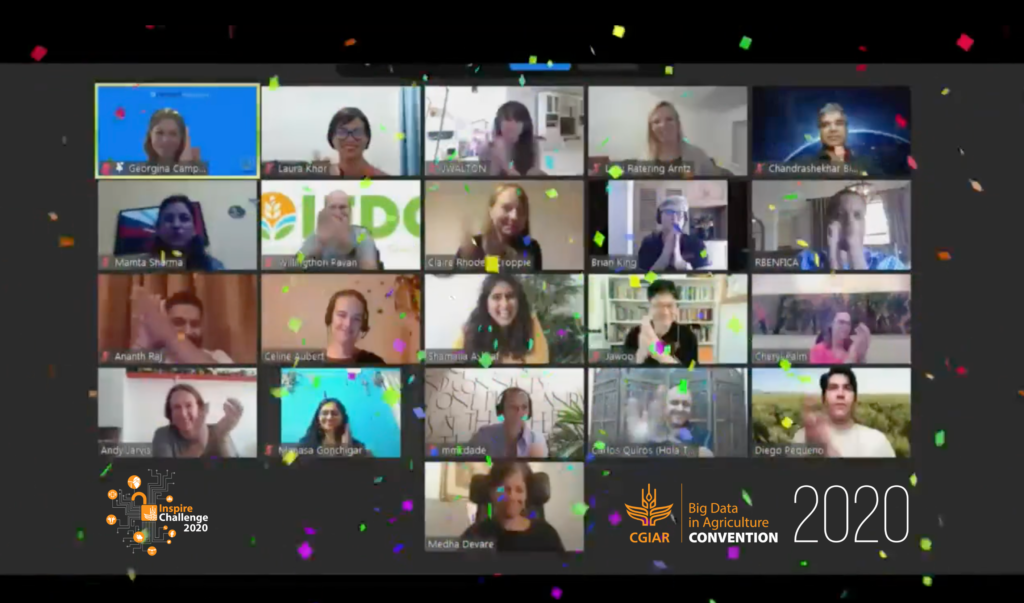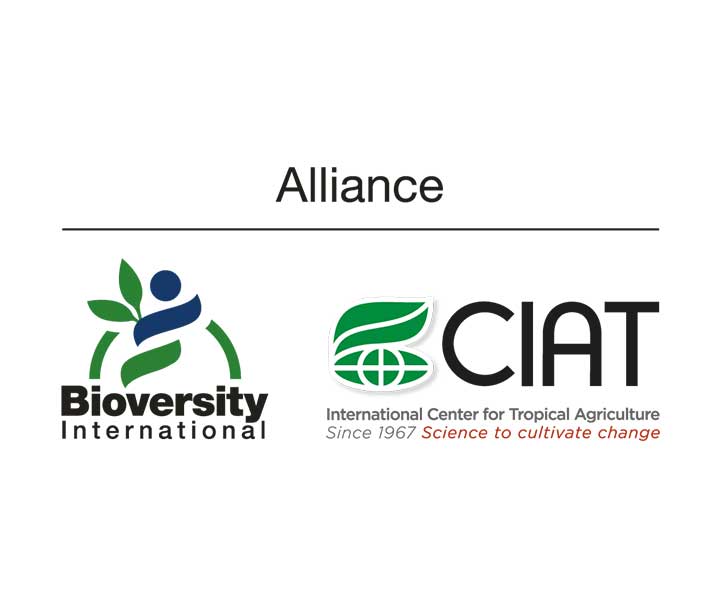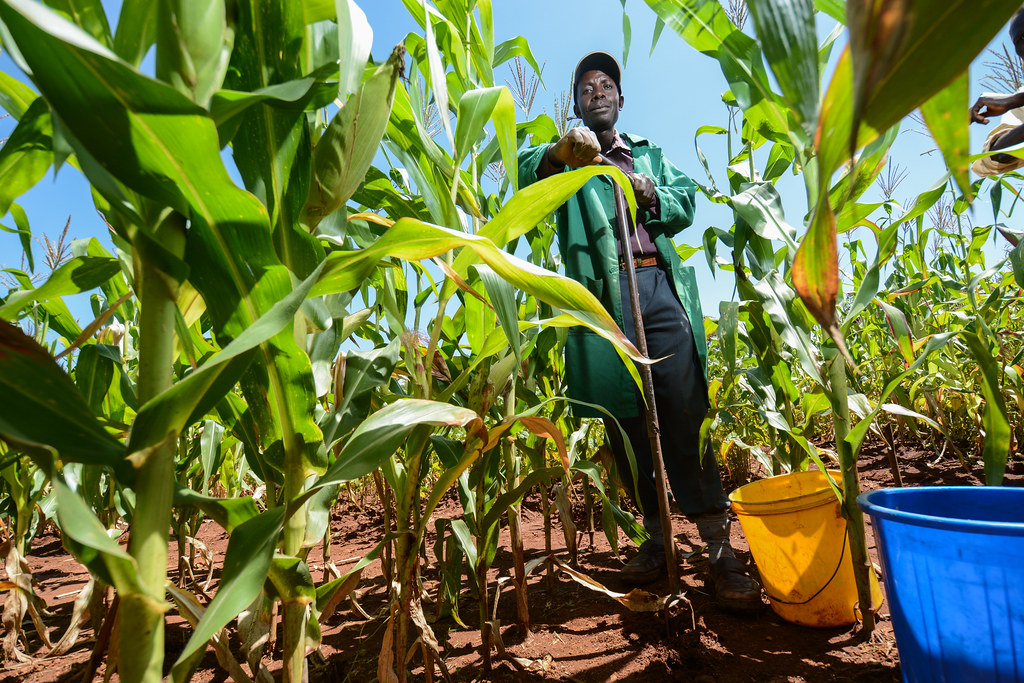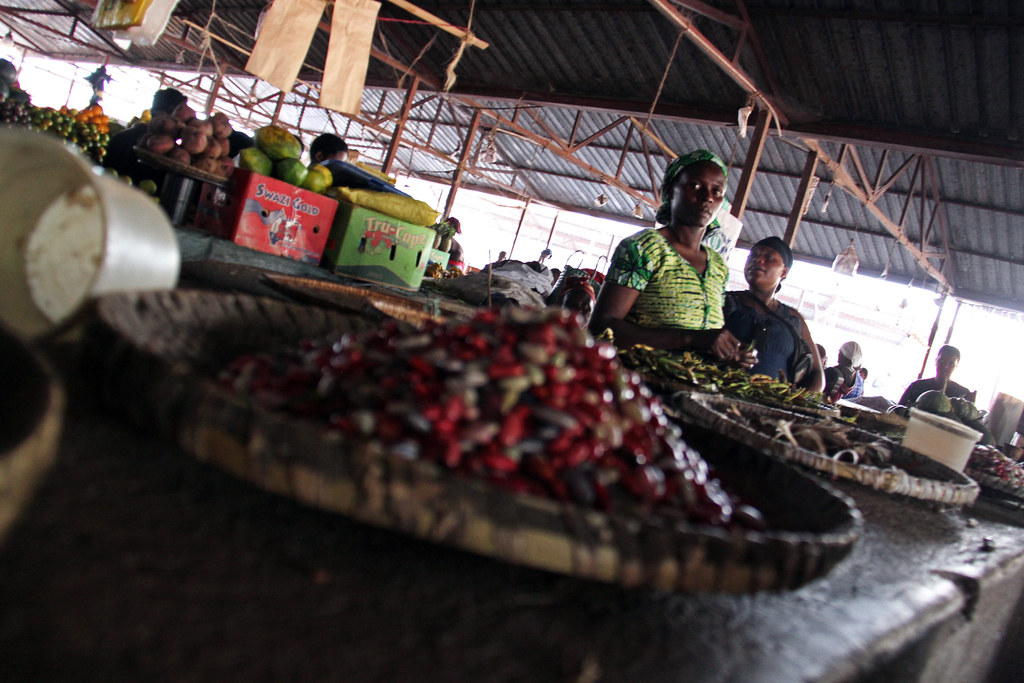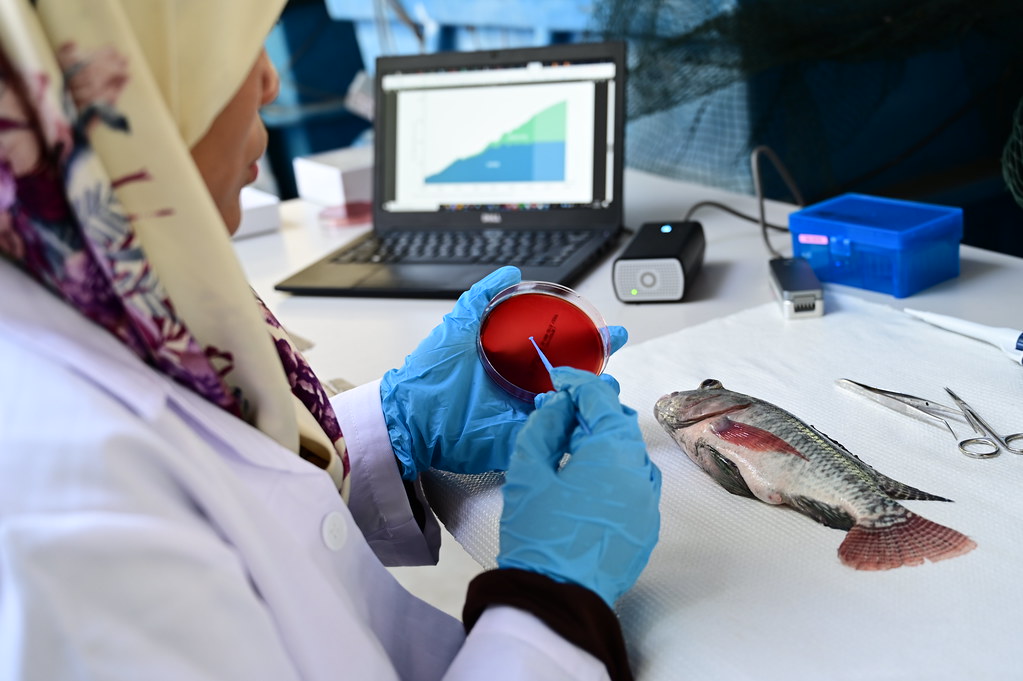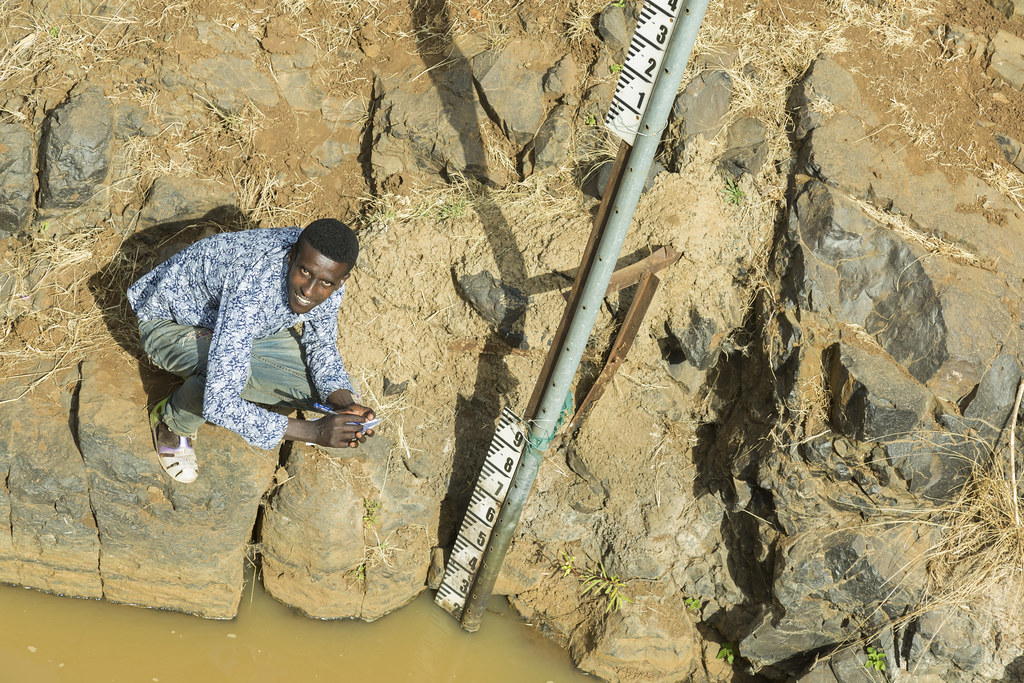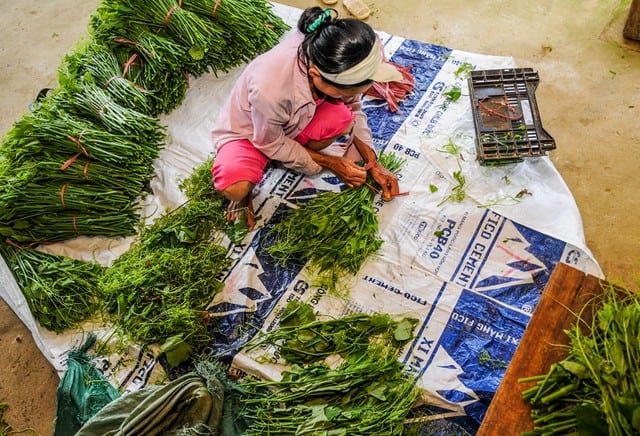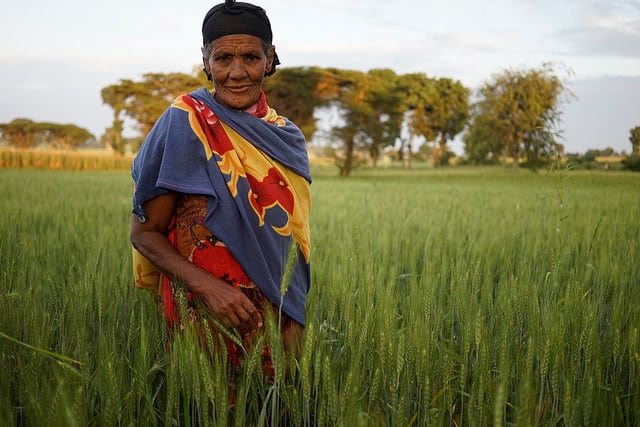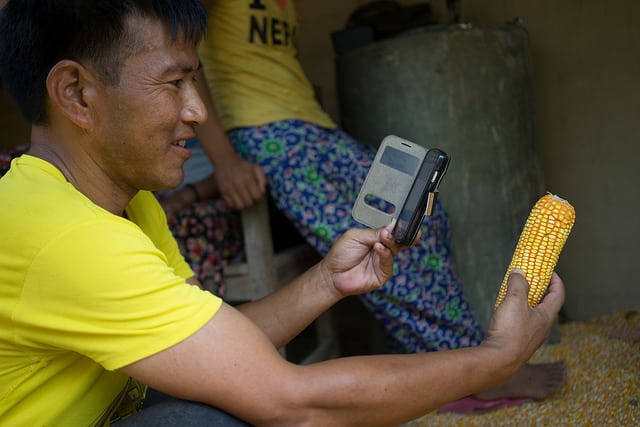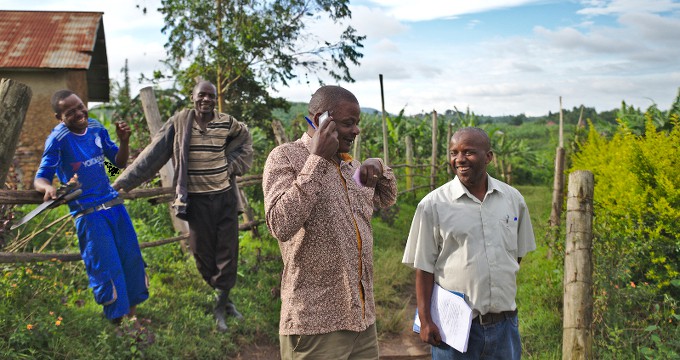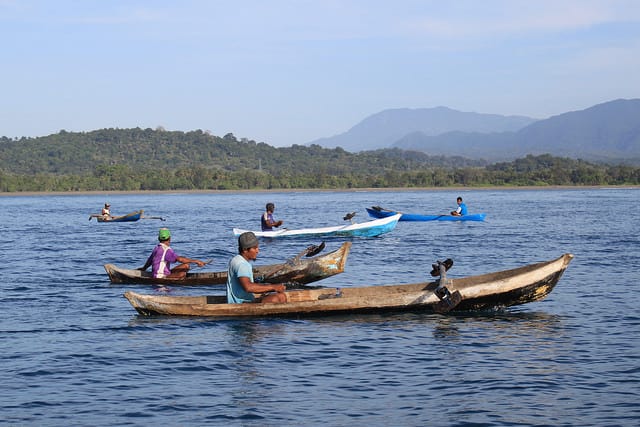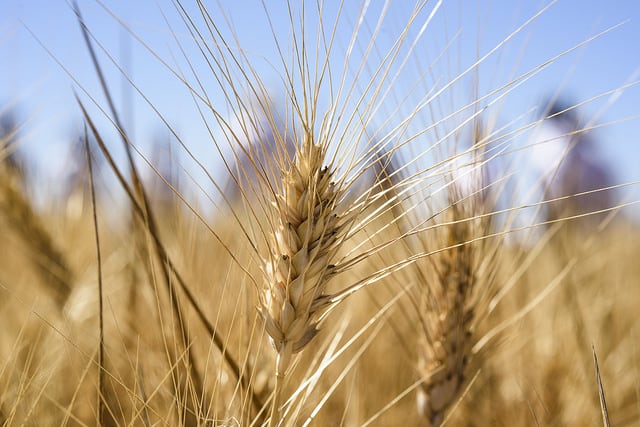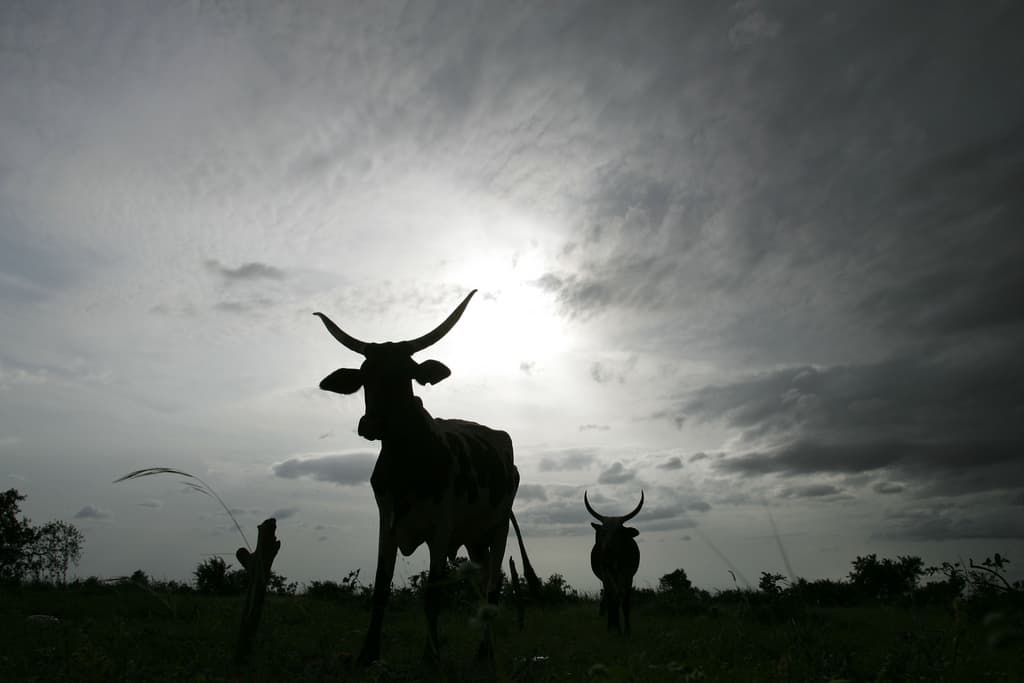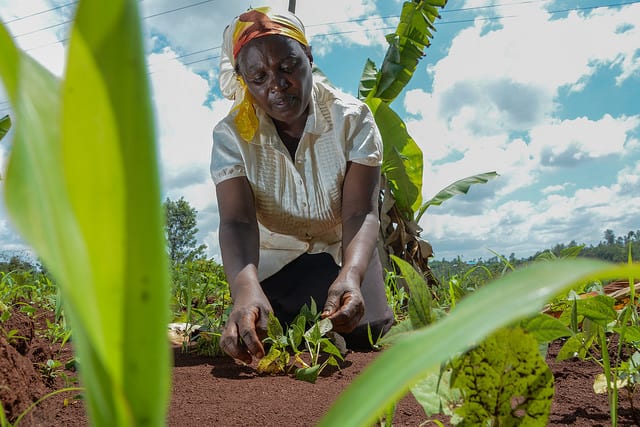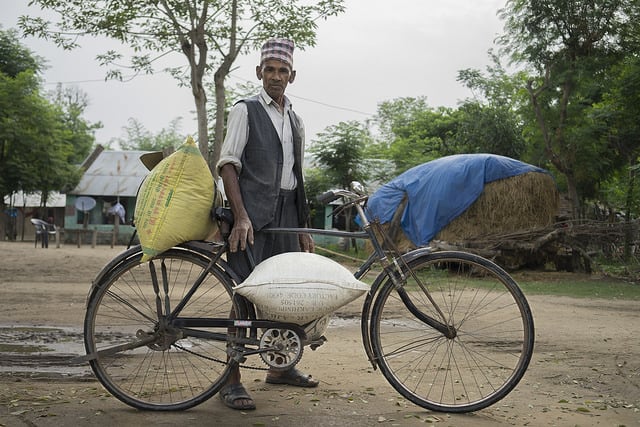2020 Winner
“Hola Talia”
Boosting extension service through AI
Costa Rica
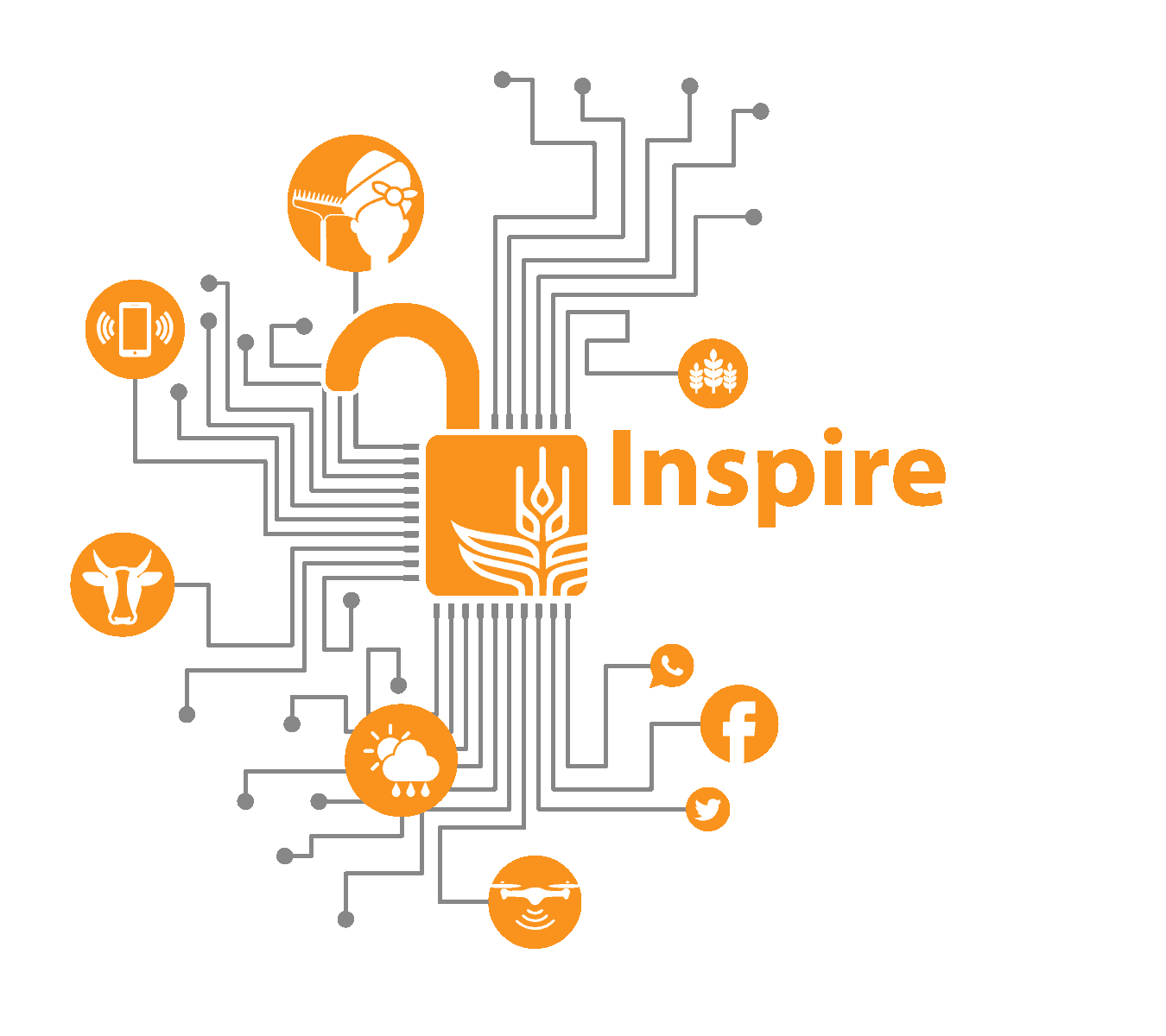
Farmers need timely information, but extension services often lack the resources to serve farmers adequately. Automated digital technologies can enhance advisory services, but many farmers prefer to speak to extension agents. This project will create TALIA, the first agriculture hotline operated entirely by AI. Through a pilot in Costa Rica, using unstructured and structured data from research and extension partners, the team will train IBM Watson to become a virtual extension agent that helps farmers thrive.
More about the project
In many places, farmers have limited access to accurate agricultural information. This constrains their livelihoods from reaching full potential and increases susceptibility to diseases, pests, and climatic shocks.
Public agricultural extension services provide advice to farmers through farm visits and telephone calls, but often, limited resources mean not all farmers can be reached. Many extension agents need to serve too many farmers, exceeding their capacities, which particularly disfavors marginalized, often remote, and women-led households. The COVID-19 pandemic has severely affected extension services in many regions, with farm visits totally halted and insufficient human resources to properly support farmers by telephone calls. Automated digital technologies can enhance advisory services, but many farmers prefer to speak to extension agents.
The project aims to create TALIA (Tu agrónoma/o lista/o con inteligencia artificial), the first agricultural advisory hotline operated entirely by state-of-the-art Artificial Intelligence. Through a pilot in Costa Rica, using unstructured and structured data from research and extension partners, including farmer-extensionist conversations, the team will train an established natural language processing technology, IBM Watson, to become a knowledgeable, always-available, and talkative AI-driven agricultural extension agent that helps farmers thrive.
This Inspire Challenge proposal was selected as a 2020 pilot project winner, receiving a total of US$ 100,000 to put their ideas into practice. Learn more about the Inspire Challenge Grant here.
Step by step
2021
APRIL 2021
Focus group discussions with indigenous women’s associations
The team will make field trips to Bribri indigenous women’s associations in the Talamanca region. Through focus group discussions, women’s views on the topic areas that Hola Talia should address will be explored and documented.
MAY - JUNE 2021
Developing the AI’s decision tree
Talia’s decision tree will be developed. Decision trees in AI are used to arrive at conclusions based on the data available and from decisions the AI has made in the past.
Once the tree is created, Talia will be able to interpret user inputs, ask relevant follow-up questions, and identify appropriate data in order to deliver tailored and accurate agronomic advice.
JUNE - JULY 2021
Expert testing
Testing will begin with expert agricultural extension agents from the Costa Rican Ministry of Agriculture and Livestock and Corbana.
Based on the extension agents’ feedback, the team will refine the AI’s decision tree and add data in topic areas where info gaps are detected.
AUG - SEPT 2021
Roll out with farming communities
The team will begin rolling out the virtual extension agent with farming communities.
OCT 2021
Service improvement
The team will survey women farmers for their feedback on the service, and make the improvements based on their responses.
2020
OCT 2020
Project awarded US$100K Inspire Challenge grant
The project was one of seven winners of the Inspire Challenge 2020 and was awarded US$100K at the fourth annual convention of the CGIAR Platform Big Data in Agriculture, 19-23 October 2020.
Gender & Youth Inclusion
-
“Hola Talia” aims to provide gender-equal agricultural extension services by meaningfully engaging women farmers throughout the service creation process, from assessing women farmers’ needs at the outset of the service design process, to seeking and addressing women farmers’ feedback on the final product.
-
Bribri indigenous women’s associations in the Talamanca region of Costa Rica will be engaged in focus group discussions in order to explore and document women’s views on the topic areas that Hola Talia should address and what features should be included.
-
50 per cent of the knowledge bank material that will be used to train the AI, IBM Watson, will be gender-sensitive studies and sex-disaggregated datasets. The majority of this material will come from Musanet, an online platform for information about Musa cultivation.
-
Women extension agents will train Watson to ensure that the challenges and aspirations of women farmers are considered in the AI’s advice. Using user-centered design techniques, the AI will be equipped with dialogues tailored for women farmers.
-
In the pilot phase of the service, at least 400 women farmers will test the AI. The team will monitor the process constantly to ensure that women farmers’ needs and expectations are met.
Meet all the Winners

